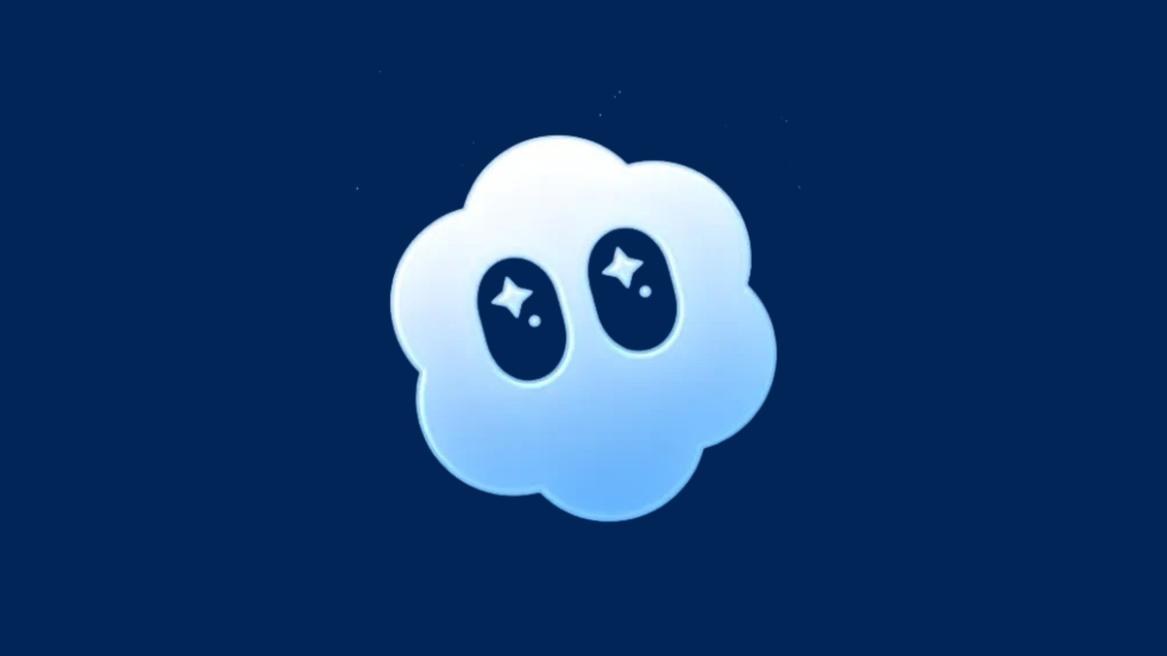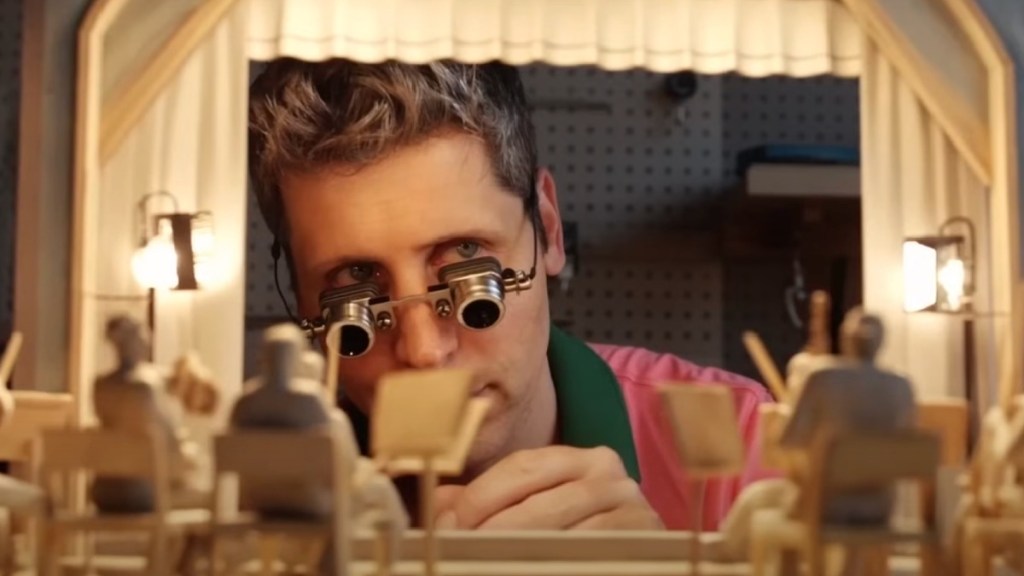
- Hollywood studios are calling out OpenAI over Sora 2's copyright violations, asking the company to fix its opt-out policy.
- The Motion Picture Association (MPA) says OpenAI must take responsibility for preventing copyright infringement.
- OpenAI CEO Sam Altman said the company is planning to give rightsholders more control over character generation and introduce revenue sharing as well.
OpenAI’s new Sora app has gone viral, but it has also raised concerns among Hollywood studios. Users are generating AI videos on the Sora app featuring copyrighted characters and public figures. In response, OpenAI has said it will soon make changes to “give rightsholders more granular control”.
The Sora app came out last week, powered by the new Sora 2 model, which is a TikTok-style app featuring only AI-generated clips. It is only available to users who have Sora invite codes, but if you have had the chance to use it, you might have spotted AI videos of SpongeBob, Pikachu, and South Park.
Why Sam Altman Announced New Changes to Sora?
On Monday, the Motion Picture Association (MPA) which includes major studios such as Disney, Warner Bros., and Universal asked OpenAI to take “immediate and decisive action” to fix its opt-out copyright system.
The MPA said, “Since Sora 2’s release, videos that infringe our members’ films, shows, and characters have proliferated on OpenAI’s service and across social media.”
It further added, “While OpenAI clarified it will ‘soon’ offer rightsholders more control over character generation, they must acknowledge it remains their responsibility – not rightsholders’ – to prevent infringement on the Sora 2 service. OpenAI needs to take immediate and decisive action to address this issue. Well-established copyright law safeguards the rights of creators and applies here.”
OpenAI CEO Sam Altman shared an update on Sora in his blog recently, where he mentioned, “We are hearing from a lot of rightsholders who are very excited for this new kind of ‘interactive fan fiction’ and think this new kind of engagement will accrue a lot of value to them, but want the ability to specify how their characters can be used (including not at all).”

Altman also revealed that the company is working on a revenue system for rightsholders. “People are generating much more than we expected per user, and a lot of videos are being generated for very small audiences. We are going to try sharing some of this revenue with rightsholders who want their characters generated by users,” he said in the blog post.
Basically, OpenAI is hoping that offering more control and revenue opportunities may ease tensions with copyright owners. However, the MPA and major studios say that providing an opt-out model doesn’t absolve OpenAI from following copyright law. In short, OpenAI can’t break copyright first and ask studios to opt out later.
